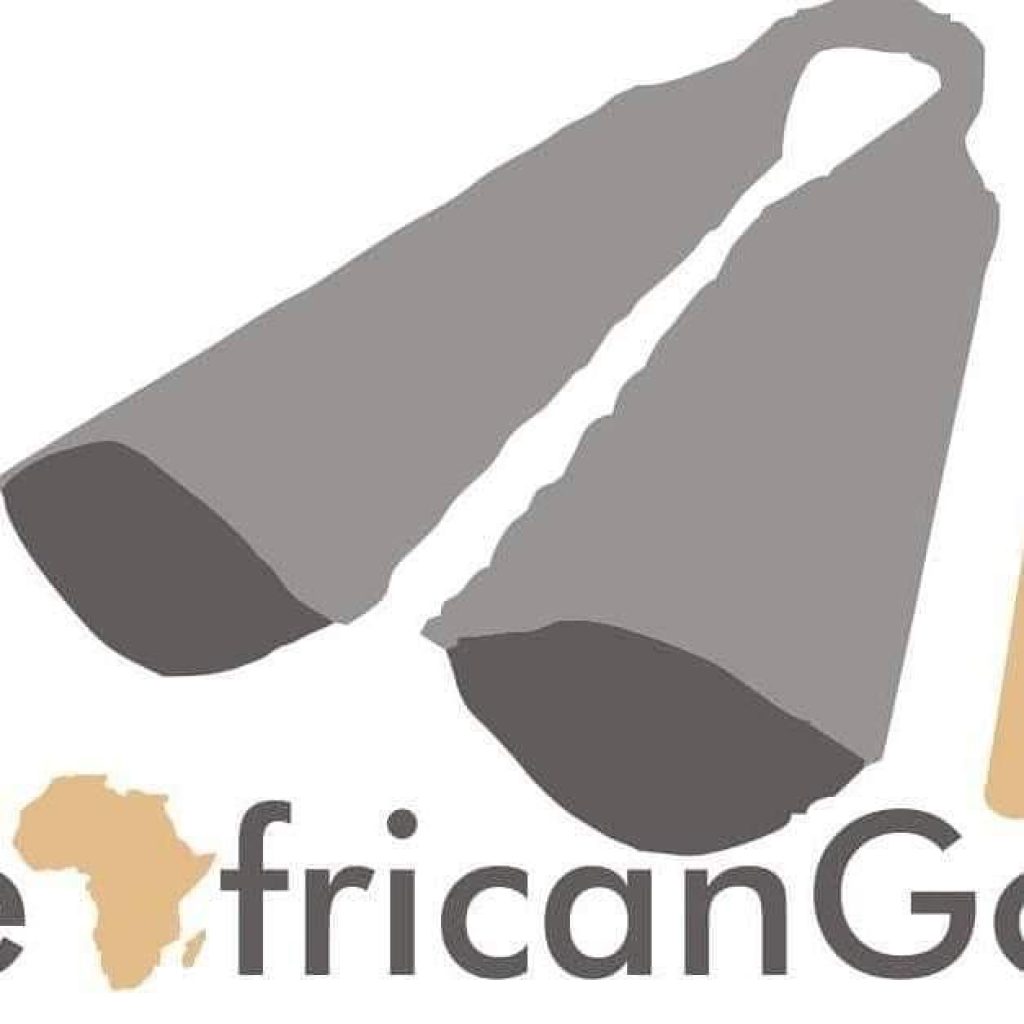
By Onyeka Ezike
The National President of the Association of Tourism Practitioners of Nigeria (ATPN), Prince Adatunji Femi Fadina, has outlined three key priorities for his administration: expanding membership, fostering capacity building, and strengthening collaborations with both public and private sectors. His agenda also includes training initiatives to empower ATPN members.
Speaking on Creative Nigeria, a cultural tourism program aired on Mainland 98.3 FM Lagos and hosted by award-winning journalists Frank Meke and Bunmi Bade Adeniji, Prince Fadina highlighted his vision for ATPN. He emphasized the importance of partnerships with state governments and the National Association of Tour Operators of Nigeria (NATOPN) while announcing plans to implement the SOAR Analysis framework Strengths, Opportunities, Aspirations, and Results for the association in 2025.
“We must engage state governments and collaborate on their tourism packages to ensure they are comprehensive and impactful,” Fadina stated.
“Tourism is fundamentally local, so it’s essential that tour operators develop products that align with grassroots initiatives.”
He stressed the need to integrate cultural festivals like the Calabar Carnival and Ojuduba Festival into storytelling productions that showcase Nigeria’s unique heritage.
“Our aim is to work with talented youths, including emerging creative practitioners, to turn these festivals into compelling narratives that highlight our culture,” he added.
Prince Fadina is optimistic about Nigeria’s tourism potential and detailed plans to enhance membership growth, training, and engagement through workshops and town hall meetings in 2025.
“We will focus on identifying committed members and leveraging their strengths through targeted capacity building. By being both tactical and strategic, we can create impactful outcomes.”
Addressing the role of government in the tourism sector, Fadina called for policy support while advocating for minimal interference.
“The government’s role is to establish enabling policies and allow organizations like ATPN to lead the execution. This approach will drive job creation and global competitiveness for Nigerian tourism practitioners.”
The ATPN President urged for a shift in mindset, emphasizing teamwork over competition. “Nigeria has the potential to surpass destinations like Dubai and South Africa, but the private sector must be empowered to lead the charge.

We need to train our members, foster collaborations with state governments, and create opportunities for skilled youth to contribute meaningfully to the industry.”
He also revealed ongoing discussions with insurance companies and banks to provide members with benefits such as luggage insurance and access to soft loans, further reinforcing his commitment to creating a sustainable tourism ecosystem in Nigeria.
“This is just the beginning. With the right partnerships and strategies, Nigerian tourism can reach unprecedented heights,” Fadina concluded.
